Short News
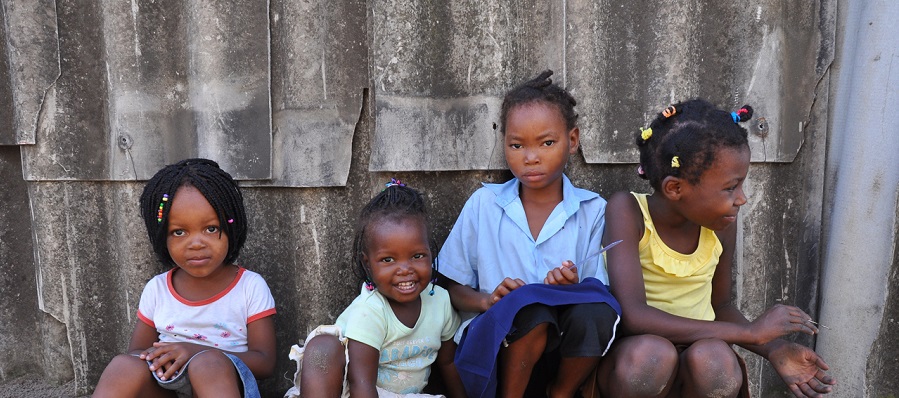
More children survive in Mozambique
Since 1990, the mortality rates for infants and children under 5 have dropped by about two thirds in Mozambique. The same goes for maternal mortality.
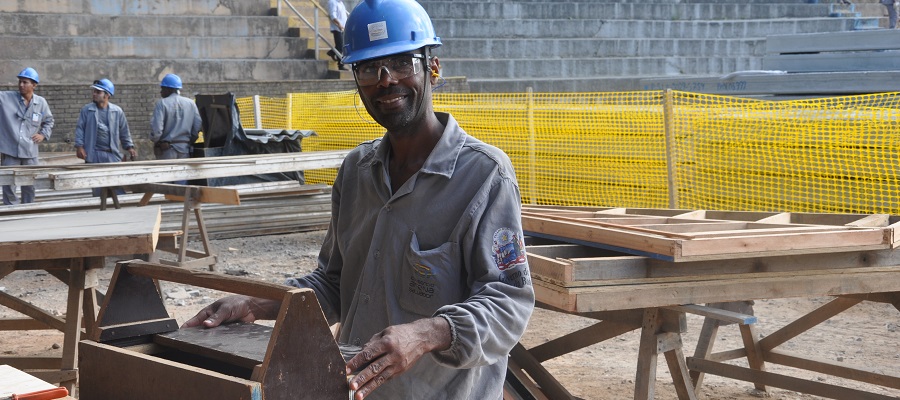
Poverty drops in Brazil
The proportion of Brazilians living in extreme poverty has dropped from 20,5 to 8,9 percent between 1990 and 2013. At the same time, inequality has dropped too.
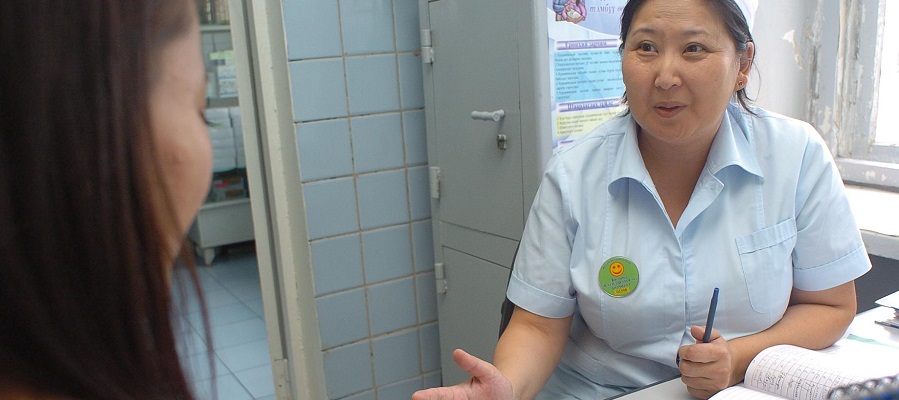
More women use contraceptives
Worldwide, the prevalence of contraceptives among women aged 15-49, married or in union, has grown from 55 to 64 percent since 1990.
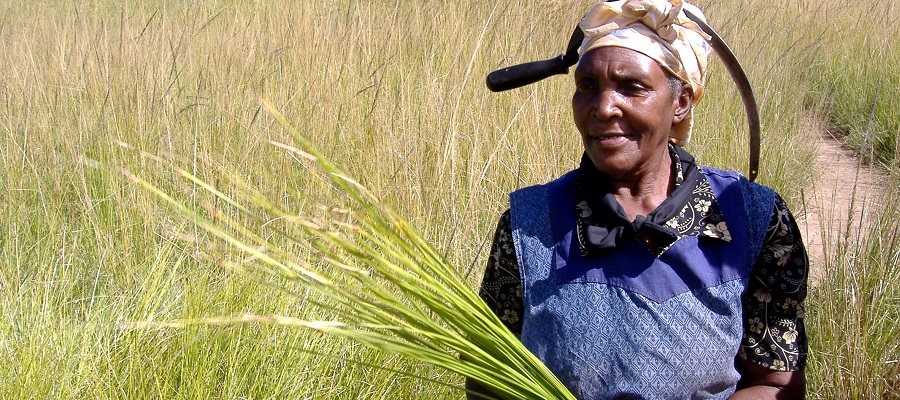
Swaziland’s farmers harvest more
20.000 poor farmers in Swaziland has been taught new farming techniques. They now harvest more and higher quality food, heightening food security and income.
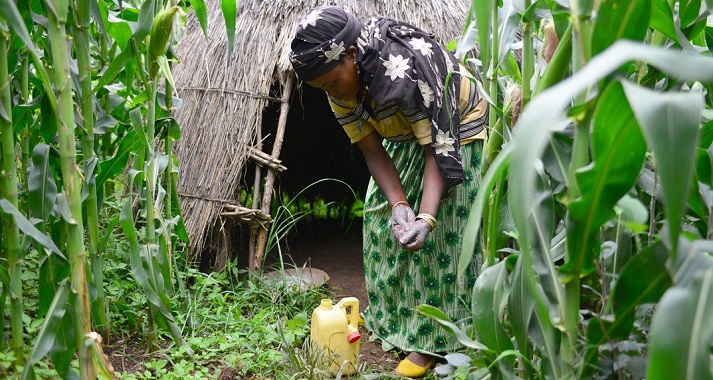
Toilets decrease infection risks
The share of people worldwide without access to a toilet or latrine has fallen from 24 to 13 % since 2000. This decreases infection risks and child mortality.
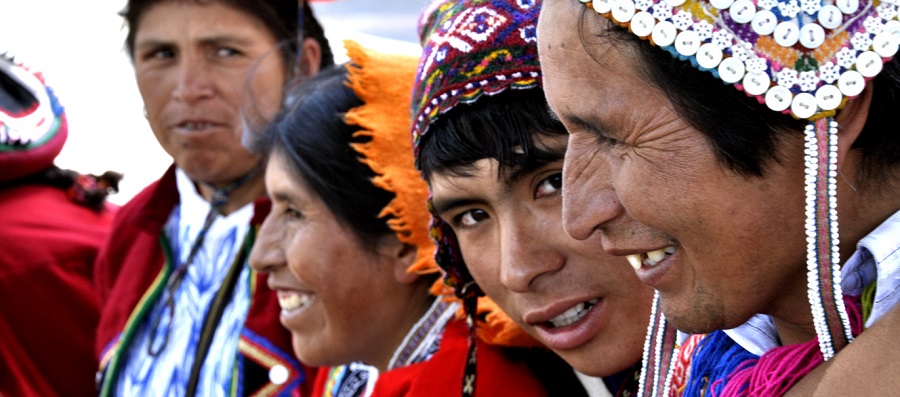
Poverty is falling in Ecuador
The proportion of people living in extreme poverty in Ecuador has dropped from 20 % in 2000 to just 4 % in 2012. Inequality has dropped significantly too.
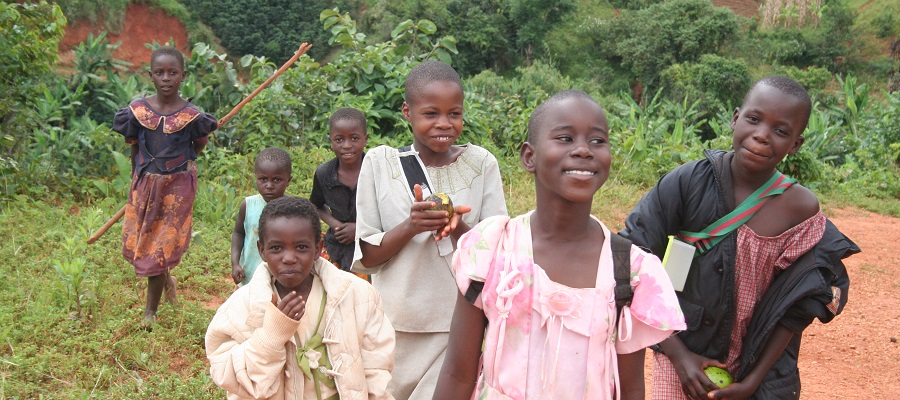
HIV drops for Malawi’s children
Malawi has experienced a significant drop in the number of HIV infected youth between 0-15 yrs. Between 2009 and 2013, 67 % fewer cases were reported.
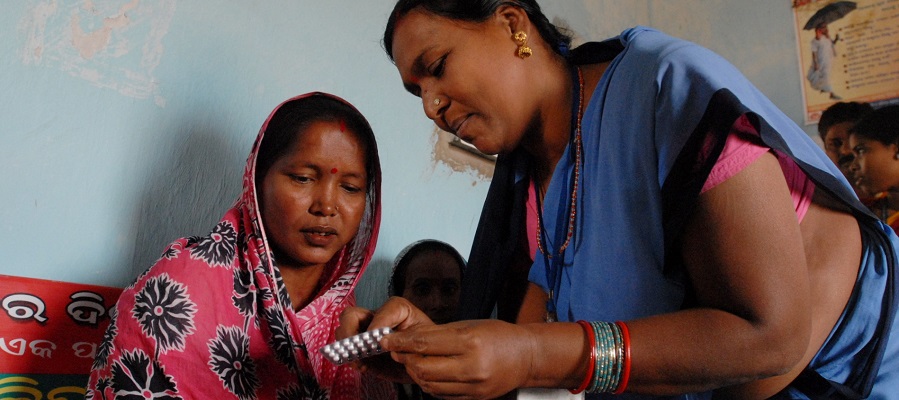
Teenage births drop globally
Worldwide, the number of teenage births (15-19 yrs) has dropped 29 % since 1990. This is because of education, higher marriage age and access to contraceptives.
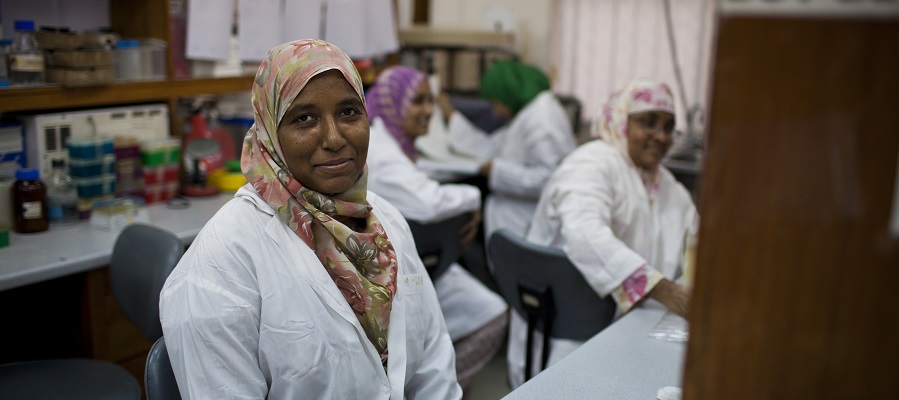
Mobile clinics help fight malaria
80 new mobile clinics and 1000 health workers treat 700.000 malarial patients in remote regions in Bangladesh. The death toll is now one-tenth of before.
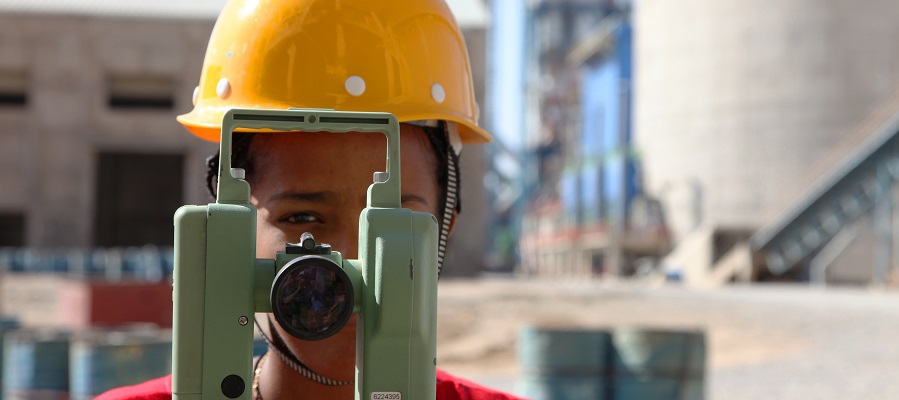
Ethiopia rises from poverty
Ethiopia in Eastern Africa has experienced one of the greatest drops in poverty. Between 1995 and 2011, extreme poverty has dropped from 63 to 37 percent.
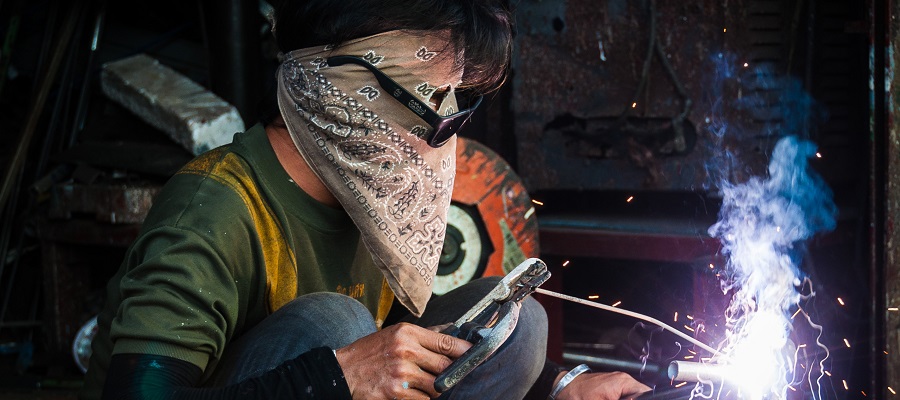
Poverty drops fast in Thailand
In just 20 years, the proportion of Thais who live in poverty has fallen from 58 to 13 percent. It is especially because of pro poor policy focus on slum areas.
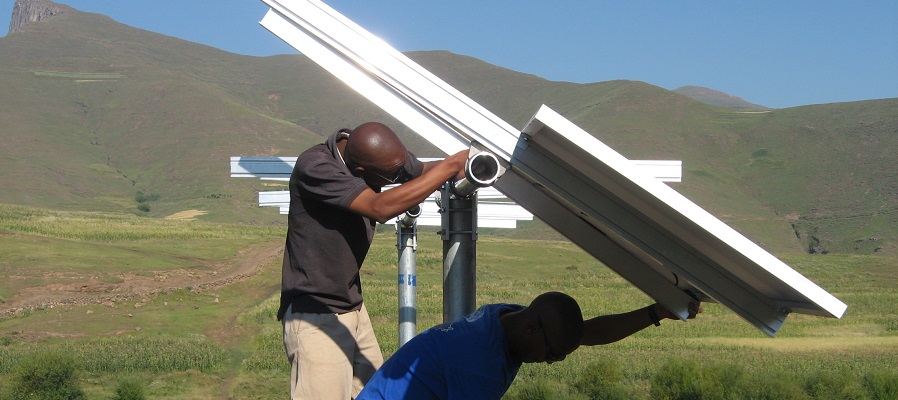
Solar panels to Lesothan villages
Just 5 % of rural people in the small Southern African country has electricity. Now, 30.000 Lesothans in 65 villages have access to cheap solar energy.